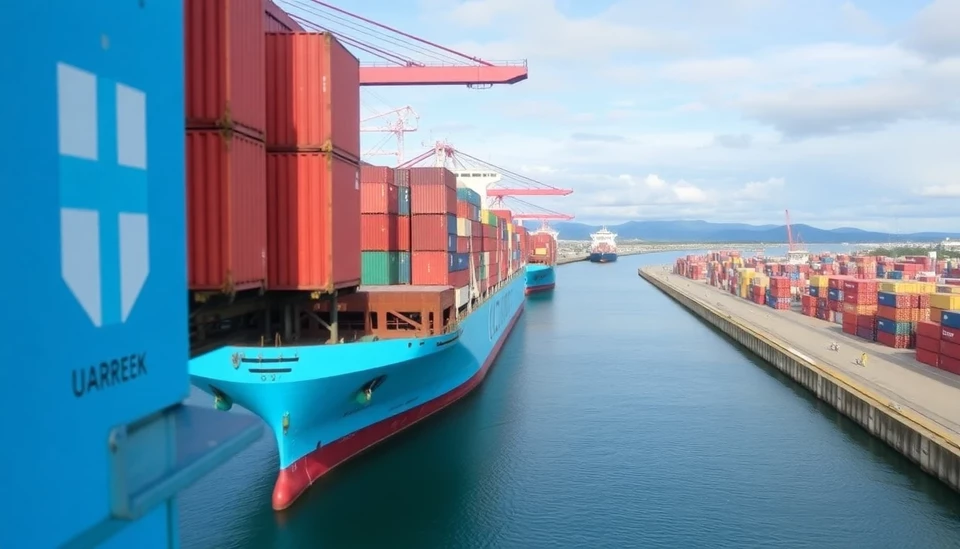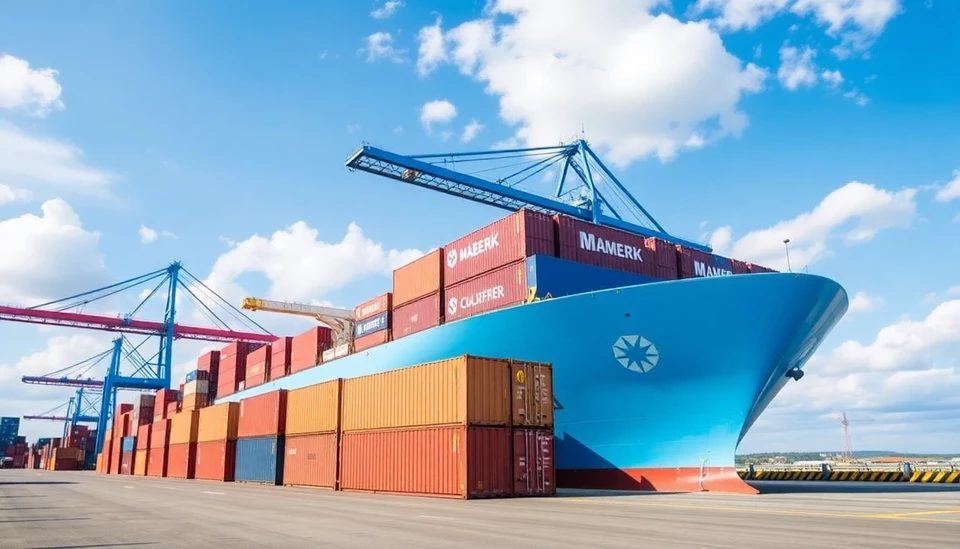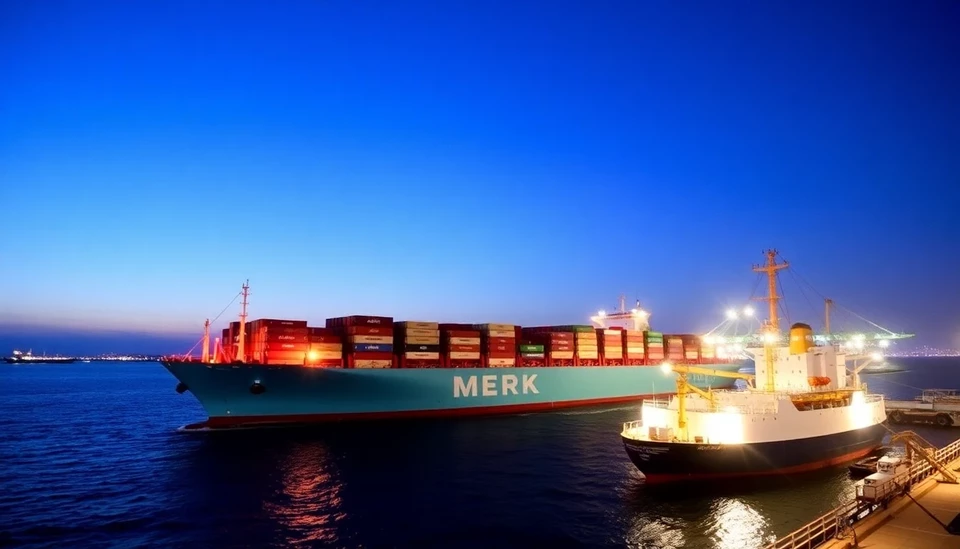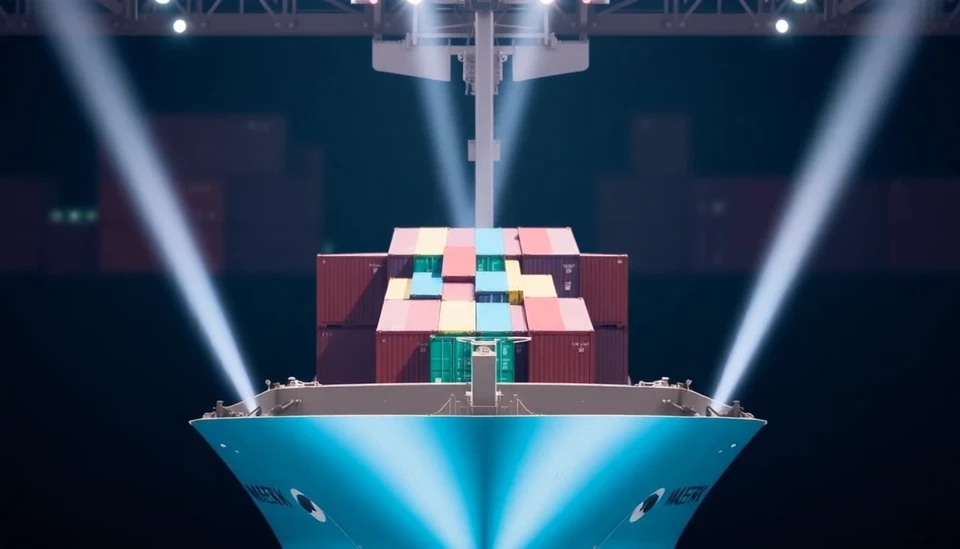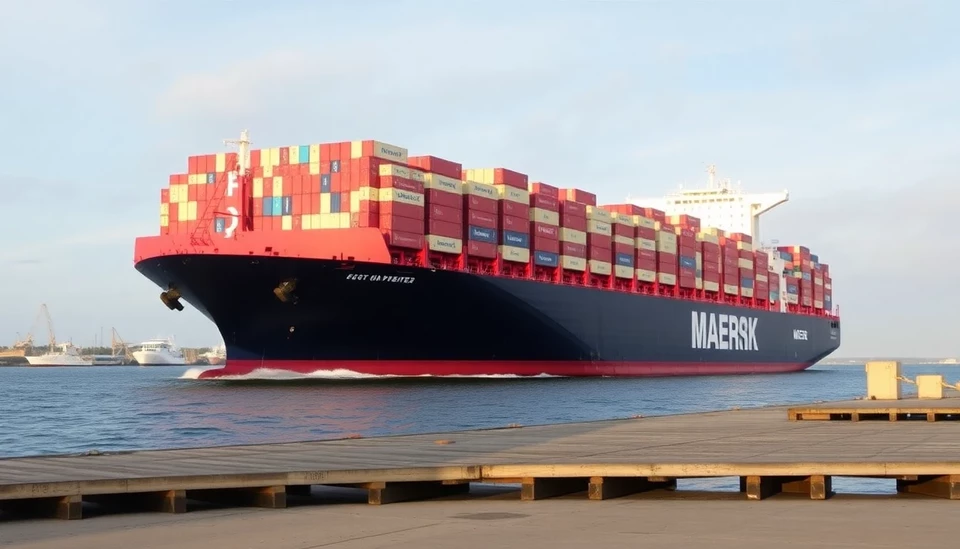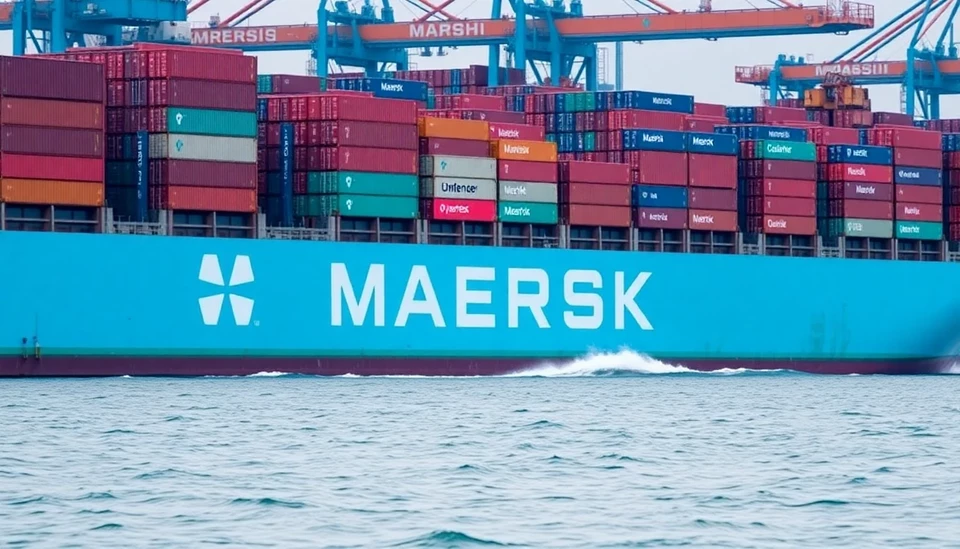
In a recent announcement, Maersk, the global leader in shipping and logistics, reported an unexpected growth in U.S. trade volumes for the last quarter, a finding that comes despite ongoing economic turmoil worldwide. This positive trend indicates a burgeoning demand for goods and may suggest a resilience in supply chain activities, particularly in key sectors.
Despite several challenges in the global economy, which have included inflationary pressures, geopolitical tensions, and supply chain disruptions, Maersk's data reveals that U.S. exports and imports are showing signs of recovery. The figures suggest that American businesses are not only catching up on backlogs but are also ramping up production to meet burgeoning consumer demand.
Maersk's insights detail that U.S. export volumes have experienced a significant uptick during the previous quarter, particularly in industries such as technology and manufacturing. The shipping giant noted that while many markets are confronting difficulties, U.S. companies are benefiting from a more favorable trading environment thanks to strong domestic consumption and improved management of supply chains.
This burgeoning trade volume stands in stark contrast to concerns raised by some economists regarding potential sluggishness in other economies, underscoring the unique position the U.S. holds in the global market at this moment. Not only has demand remained robust, but it has also driven a need for logistics services to facilitate the movement of goods, thus providing a lifeline to industry players recalibrating their operations in response to the changing landscape.
The favorable shipping conditions evidenced in the U.S. may lead to increased optimism within the logistics sector and could positively influence global trade dynamics in the coming months. Companies that rely on shipping services are likely to continue seeing opportunities for growth as U.S. consumption sustains its upward momentum.
Maersk's report encapsulates a critical narrative about the resilience of American trade. It has sparked discussions among trade analysts and economists, who are keen to monitor if this growth trajectory can be maintained in the face of challenges that still pose risks to the economy's stabilization and recovery.
Industry experts suggest that firms must remain agile, continuously analyzing market trends to navigate the complexities of international trade that persist in an increasingly volatile climate. The findings from Maersk contribute to an intriguing broader conversation regarding the future of global trade—one that is seeing major shifts as countries and businesses adapt to ever-evolving supply chain demands.
As the U.S. continues to demonstrate growth in trade volumes, stakeholders across different industries will watch closely to ensure they remain competitive in a landscape that is anything but static.
#Maersk #USTrade #GlobalEconomy #ShippingIndustry #SupplyChain #TradeGrowth #EconomicResilience
Author: Rachel Greene
